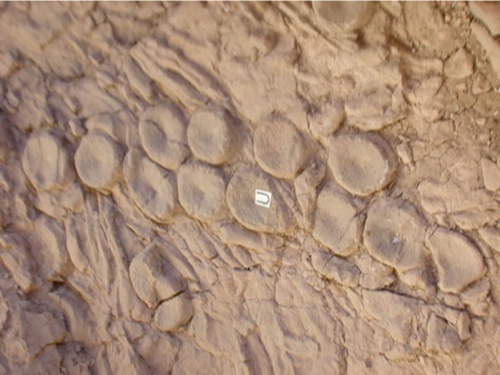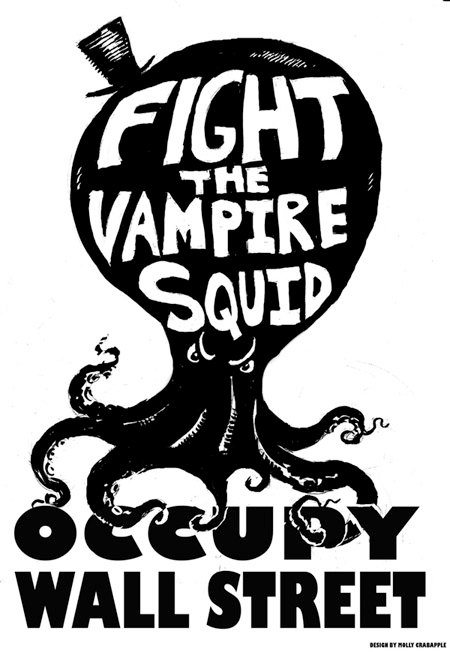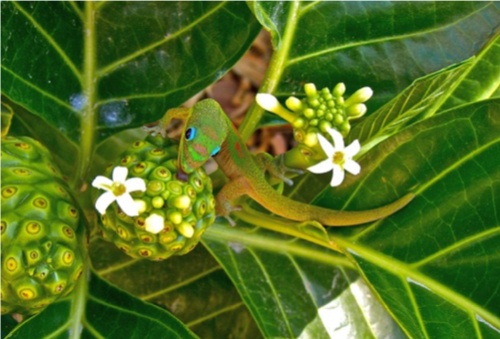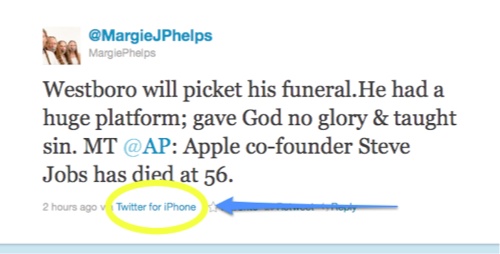You’ve probably heard the story going around that Steve Jobs’ death was avoidable, if only he hadn’t been so gullible as to steep himself in quack medicine. It turns out, though, that the story is a lot more complicated than that: David Gorski has written the best summary I’ve seen so far.
In short (because it is Gorski, after all, so it’s exhaustively long), there was an element of woo in Jobs’ early response. After his pancreatic cancer was first diagnosed, he delayed surgery for 9 months to try out some improbably dietary approaches. It was a massive operation that was strongly recommended, so it’s a little bit understandable that he wanted to avoid it, but surgery was also the best and most demonstrably successful approach to take. So first point goes to the verdict of gullibility against Jobs.
However, his cancer was a slow-going kind with a reasonable prognosis, so the delay can only be said to have possibly contributed to the worsening of his condition. Jobs made a poor decision, but not necessarily a fatal one. And subsequently, once he saw that the diet nonsense wasn’t working, he threw himself thoroughly into science-based medicine, getting the best treatment oodles of money could buy, getting the surgeries recommended to him, and even trying out some experimental therapies (real experimental therapies, the stuff where scientists monitor and evaluate the results honestly, not the random shenanigans quacks like to flatter with the word “experimental”).
So the final result is that real science kept him alive and healthy as long as possible, and that an early flirtation with ‘alternative’ medicine might have contributed somewhat to lowering the odds of survival, but that what killed him is cancer. And cancer is a bastard.
(Also on Sb)









